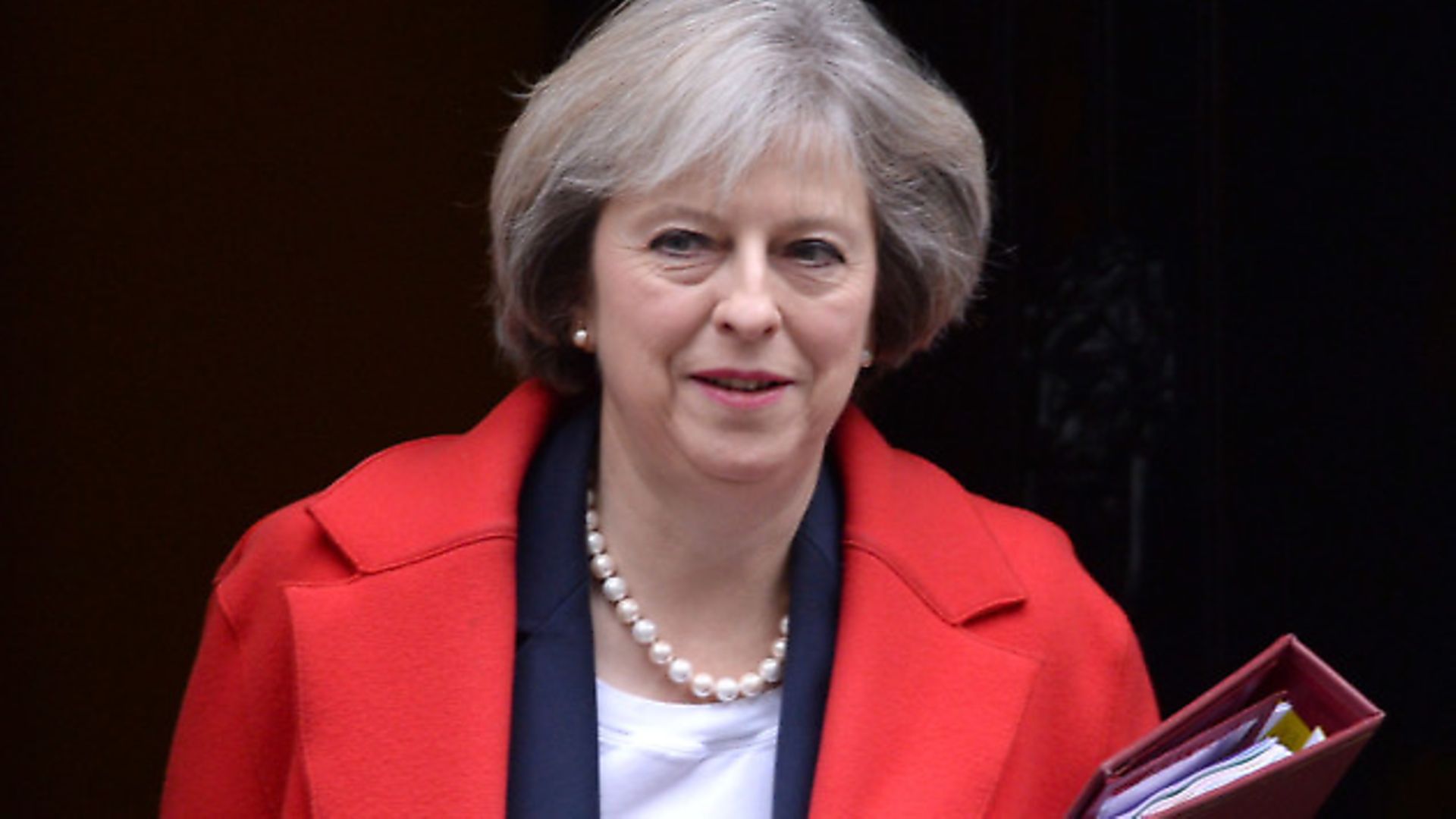
The British economy could face a huge hit if annual net migration to the UK from European Union countries falls, according to a new study.
The British economy could face a huge hit if annual net migration to the UK from European Union countries falls, according to a new study.
The research predicts a Hard Brexit could result in 150,000 fewer migrant-workers each year coming to Britain which would reduce GDP per capita in 2030 by as much as 5.4% below what it would otherwise have been.
The study’s author suggested the negative impact resulting from lower migration could approach the size of the loss due to reduced trade opportunities.
But the reduction in foreign workers would boost pay for UK nationals in low-income jobs by as much as 0.5% by 2030, the report by the National Institute of Economic and Social Research (Niesr) found.
Data released earlier this month showed a record 284,000 EU nationals entered the UK over the year to June 2016, as part of an all-time high of 650,000 total incomers. Some 189,000 EU citizens arrived for work – the highest estimate recorded.
Net migration – the overall difference between the numbers arriving and leaving the country – was at a near record of 335,000, well above the Government’s controversial target of less than 100,000.
Niesr’s research estimates the possible impact on EU migration of limitations on the right to free movement to live and work in the UK, which Prime Minister Theresa May has put at the top of her list of priorities for Brexit.
Its central estimate anticipates a fall of 91,000 a year in net EU migration in the years to 2020, rising to 150,000 if rules are tightened more severely.
The knock-on impact would be to reduce GDP by 0.63% to 1.19% and GDP per head by 0.22% and 0.78% on the central scenario. In the more extreme Hard Brexit scenario, the hit to GDP per capita would be up to 1.16%.
Assuming migration reductions are maintained after 2020, the paper calculates that the cumulative hit to GDP per head by 2030 would be between 0.92% and 3.38% under a softer-style Brexit and from 1.53% to 5.36% under Hard Brexit.
Niesr fellow Jonathan Portes said: ‘Prior to the referendum, a number of analyses estimated the long-term impacts of Brexit on the UK economy; but none incorporated the impacts of Brexit-induced reductions in migration.
‘Our estimates suggest that the negative impacts on per capita GDP will be significant, potentially approaching those resulting from reduced trade.’








